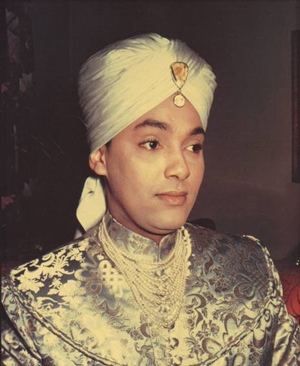Race & Religions Series with Lacey Schwartz in conversation with Allyson HobbsPosted in Judaism, Media Archive, Passing, Religion, United States, Videos on 2015-11-06 16:59Z by Steven |
Race & Religions Series with Lacey Schwartz in conversation with Allyson Hobbs
Stanford Jewish Studies
2015-11-05
“Little White Lie: A Film about Dual Identity and Family Secrets” with Lacey Schwartz
“Between Race and Religion: Contemporary American Jewish Life” series with the Center for Comparative Studies in Race and Ethnicity.
Lacey Schwartz, an American filmmaker, in conversation with Allyson Hobbs, Assistant Professor of American History at Stanford University
Little White Lie tells Lacey Schwartz’s story of growing up in a typical middle-class Jewish household in Woodstock, NY, with loving parents and a strong sense of her Jewish identity — that is until she discovers that her biological father is actually a black man with whom her mother had an affair. Lacey discovers that answering those questions means understanding her parents’ stories as well as her own.
What defines our identity, our family of origin or the family that raises us? How do we come to terms with the sins and mistakes of our parents? Lacey discovers that answering those questions means understanding her parents’ own stories as well as her own. She pieces together her family history and the story of her dual identity using home videos, archival footage, interviews, and episodes from her own life. Little White Lie is a personal documentary about the legacy of family secrets, denial, and redemption.




